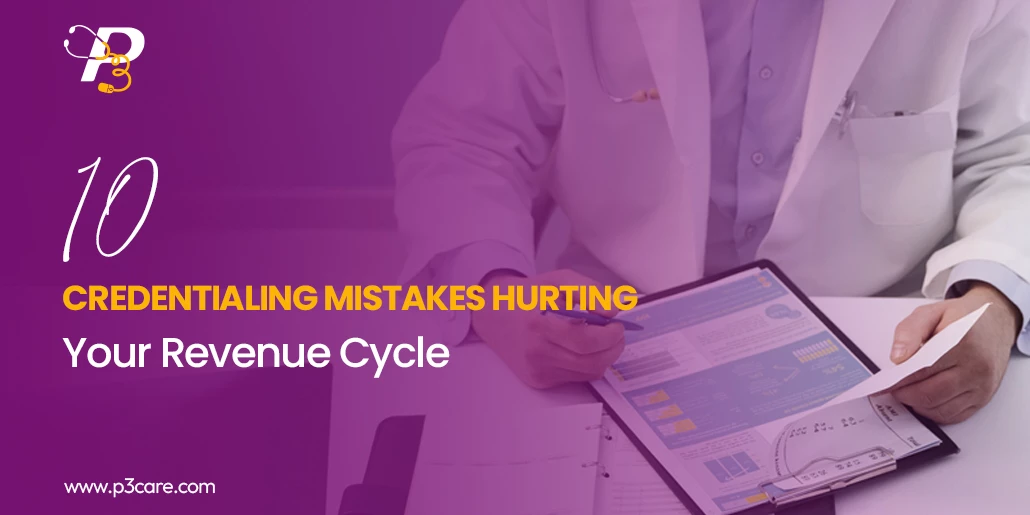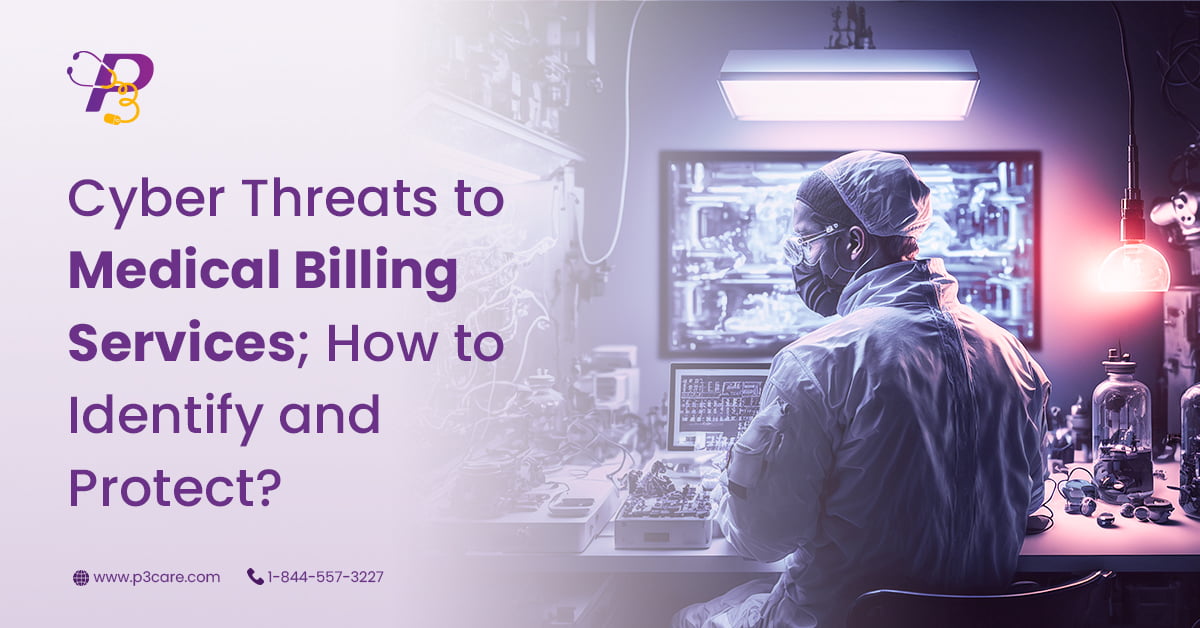

With the advancement in technology, we now prefer the digital cloud-based medium for our technical operations. However, there is one thing that is still unbeaten: cyber security issues. Hackers and data thieves have also modernized their hacking techniques. So, it’s a bare truth that the healthcare sector is still not immune to cyber threats. Today, medical billing services depend more on EHRs and automated billing systems. Thus, the cyberattack risk has also been enhanced.
In this blog, we will explore what kind of cyber risks medical billing services have. Also, we will see how healthcare IT has planned to identify and mitigate the risks.
There are four main types of cybersecurity risks for medical billing outsourcing companies. However, healthcare IT has paved the way to either identify them in time or avoid them with precaution. The four types of cybersecurity risks are given as follows:
Let’s go through each one in depth one by one!
Medical billing services handle sensitive patient information. Therefore, they have to maintain the strict security of the billing systems and cloud data records. However, phishing attacks still managed to reach sensitive patient information.
A phishing attack is a favorite mode for cybercriminals, where they make an email or website that seems legitimate. However, it is their trick for getting sensitive data from healthcare billing systems. This information might be anything, such as the patient’s credentials, login information, etc.
Every healthcare billing service provider must be aware of specific sorts of emails or messages. These emails may alarm recipients that their sensitive information could be leaked by a phishing attack. The email or message may include the following elements:
Healthcare professionals can surely be victims if they do not act on time. Here are some precautionary measures to avoid this sort of cybersecurity issue:
As the term reveals, there is some sort of ransom that a hacker may demand. The cybercriminal generates malware that encrypts the system’s data. When healthcare professionals try to access data, they can’t do so until they pay a ransom.
For medical billing services, such inaccessibility can have very dangerous consequences. A delay in sorting out the system’s issue can put the patient’s health at risk. Moreover, the practice may lead to the loss of vital data, leading to financial losses.
We need both technical and non-technical measures to devise a multi-layered approach for complete protection. Anyhow, some key elements for safeguarding the billing systems are given as follows:
Ransomware attacks are unstoppable, even with strong preventive measures. Therefore, it is a wise choice to have backup and recovery procedures implemented in your practice. It will eventually help you to lessen the impact of ransomware attacking your medical billing.
Even with strong preventative measures in place, it is still possible for ransomware attacks to occur. In such cases, having backup and recovery procedures in place can be crucial in minimizing the impact of the attack. Here are some key steps to consider when developing backup and recovery procedures:
This raises data security issues when an employee inside the billing services is involved in the act. They mistakenly or maliciously disclose it to unauthorized parties in some cases. While some may also do this purposefully to get some benefits by stealing this data.
Medical billing outsourcing companies have two ways to control it.
First of all, we must not hire any employee without checking and confirming their background. Also, employees must get the proper training and screening. They all must be familiar with the penalties for policy violations.
Further, we can secure medical billing services with the implementation of access control. This means we must restrict data access to limited individuals. In addition to this, we must monitor employee activity at every stage. Moreover, frequent audits, both internal and external, can also be a great help.
It is another sort of cyber security risk when unauthorized individuals gain access to sensitive data by any means.
A data breach response strategy should contain the following crucial steps:
Cyber threats have damaged medical billing services a lot. However, healthcare IT has advanced and asks for the updating of billing and record-keeping systems as well. Otherwise, we will not be able to avoid the data damage. The federal government in the USA now especially emphasizes HIPAA compliance in healthcare. And for not following the standard protocols, the medical billing services now face penalties and fines.

